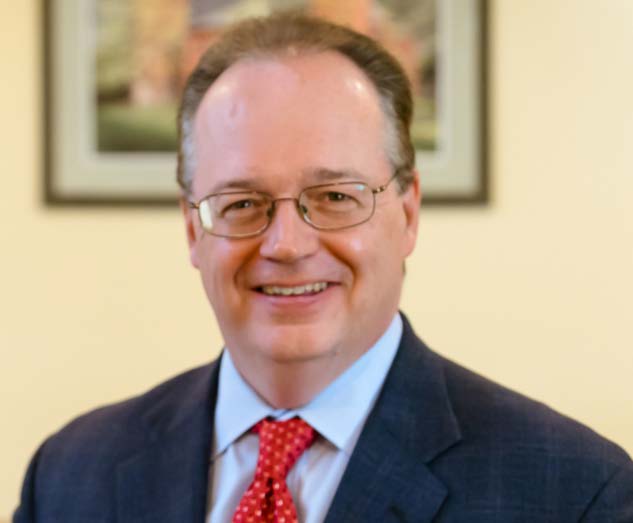|
Exclusion from Medicare and Medicaid can have devastating consequences for doctors, nurses, pharmacists, and other healthcare professionals. Exclusion results in the inability to submit claims to federal healthcare programs. It also means that you cannot work for any healthcare providers that accept payment from such programs. In addition, many private insurance companies, providers, and suppliers will not do business with an excluded professional. Unfortunately, too many medical professionals and their lawyers do not think about exclusion and its career-destroying potential until it is too late. When faced with a billing dispute or a fraud investigation, they tend to focus exclusively on avoiding criminal charges or reducing the financial exposure. Even if they avoid criminal charges, however, they still may face exclusion from Medicare, Medicaid, and other federal healthcare programs. Under federal law, there are two types of exclusion: mandatory and permissive. Mandatory exclusions: The Office of Inspector General (OIG) at the Department of Health and Human Services (HHS) must exclude individuals and entities from participation in all federal health care programs if they are convicted of certain criminal offenses. The types of criminal offenses that result in mandatory exclusion from Medicare and Medicaid are:
Permissive exclusions: The OIG may, but is not required to exclude individuals and entities that engage in other conduct, including conduct that does not involve Medicare or Medicaid. For example, a misdemeanor conviction for submitting false claims to a private insurance company may result in exclusion from federal healthcare programs. Even defaulting on student loans may result in exclusion. The grounds for permissive exclusion include:
If you are facing a dispute over claims submitted to Medicare, Medicaid, or even a private insurance company, then you should consult with an experienced Medicare and Medicaid fraud attorney who understands all the implications, including the possibility of exclusion and the potential impacts on your professional license. To arrange a free and confidential consultation, call John Howley, Esq. at (212) 601-2728 or click here to reach our offices via email. John Howley, Esq. The information you obtain at this site is not, nor is it intended to be, legal advice. You should consult an attorney for advice regarding your individual situation. I invite you to contact our law offices and welcome your calls, letters and electronic mail. Contacting us does not create an attorney-client relationship. Please do not send any confidential information to us until such time as an attorney-client relationship has been established. I practice law and offer legal services only in jurisdictions where I am properly authorized to do so. I do not seek to represent anyone in any jurisdiction where this web site does not comply with applicable laws and bar rules.
0 Comments
Your comment will be posted after it is approved.
Leave a Reply. |
John Howley, Esq.
(212) 601-2728 |
